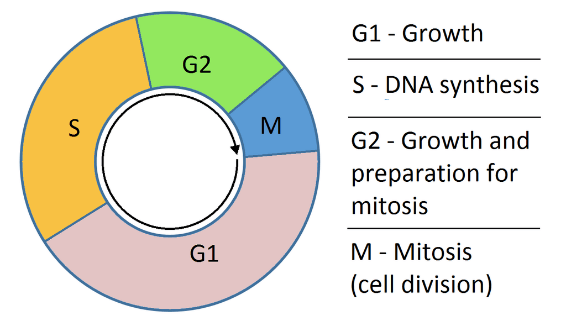The Reason Why Omega-3 Fatty Acids Could Have Significant Health Benefits
Written by: Kayt Gehring, RDN, LD
It’s no surprise that the words “Omega-3s” and “fish oils” have become buzz-words lately. We have all heard that consuming at least one serving of fish per week has important health benefits. But did you know that in addition to fish, health professionals have placed a positive emphasis on nuts (almonds, cashews, walnuts, pistachios, etc.) and seeds (i.e. flax and chia seeds).
There are three kinds of omega-3 fatty acids: EPA (eicosapentaenioc acid), DHA (docosahexaenoic acid) and ALA (alpha-linolenic acid). EPA and DHA are mostly found in cold-water fish varieties such as salmon, tuna, mackerel, anchovy, herring, oysters, etc. ALA is mostly found in plant sources such as flaxseed, walnuts, chia seeds, and plant oils such as canola oil, flaxseed oil and soybean oil. Omega-3 fatty acids can also be found in the form of fish oil capsules, multi-vitamins, prenatal vitamins, and liquid drops.
So, what’s the big deal? Well, let’s just say it became very difficult to condense all of the positive, evidence-based findings into one article, which is why this is ‘Part 1’ of the “‘Fishing’ for Answers” series. In Part 1, we will be digesting the potential benefits omega-3 fatty acids have on the progression of cancer cell growth.
Now let’s take our brains back to 6th grade and think about the basic stages of the cell cycle, including G1, S phase, G2 and M phase. It takes approximately 24 hours for a eukaryotic cell to complete all stages of the cell cycle, with mitosis taking the least amount of time (see figure 1). Ideally, cell growth progression occurs sequentially and timely. Unfortunately, cancer cells operate in a disorderly fashion which ultimately causes rapid division and collection of undesirable cells within our body – a.k.a. tumors. Over the past decade, several published articles, journals and peer-reviewed literature suggest evidence of delayed growth progression in cancer cells when subjected to omega-3 fatty acids, specifically DHA and EPA.

According to a review performed by the International Journal of Molecular Sciences, evidence suggests DHA demonstrated the ability to 1) delay one or more of the stages of cancer cell growth and/or 2) cause apoptosis (cell death) prior to mitosis, both resulting in reduced cell proliferation. Using in vitro and in vivo data (see terms), the cancer cell types that were analyzed in this review included leukemia, prostate, colorectal, breast, neuroblastoma, gastric, melanoma, liver and pancreatic. Out of 21 studies, 18 studies reported positive results, for a total of 85.7%.The other three studies identified no significant change. In the animal models, most experienced a reduction in tumor volume and tumor weight following various treatments of both DHA and EPA, with one of those treatments being the consumption of 5% fish oil. In addition, some evidence suggests that DHA treatment has the potential to increase the effectiveness of chemotherapy in some cancer types.
The underlying mechanism for which DHA and EPA have been shown to delay cancer cell growth is ultimately unknown. Further studies are needed to completely analyze uncontrollable variables, dosages, quality of EPA & DHA sources, timing of treatment, etc. Overall, omega-3 fatty acids have shown favorable results in its ability to stall the growth and metastasis of cancer cells, in addition to its well-known anti-inflammatory qualities. Incorporating EPA and DHA supplements with cancer treatment could not only be clinically effective, but also a non-invasive and feasible regimen.
Could daily consumption of fish, walnuts and chia-seed smoothies be the future of cancer treatment? Or, better yet, could they be the key to significant risk reduction and prevention? Evidence thus far suggests the latter, in conjunction with exercise and healthy habits, could be very true. To read the full review on the effect of DHA on cancer cell progression, see references below.
Terms:
In vitro – a medical study or experiment performed outside of the living organism, usually within a laboratory or other controlled environment.
In vivo – a medical study or experiment performed within the living organism, using its native environment.
Image Courtesy
Figure 1: ’Cell cycle simple’ By Simon Caulton – Own work, (CC BY-SA 3.0) via Commons Wikimedia
References
Newell, Marnie, et al. “A Critical Review on the Effect of Docosahexaenoic Acid (DHA) on Cancer Cell Cycle Progression.” International Journal of Molecular Sciences, vol. 18, no. 8, 2017, p. 1784., https://doi.org/10.3390/ijms18081784.